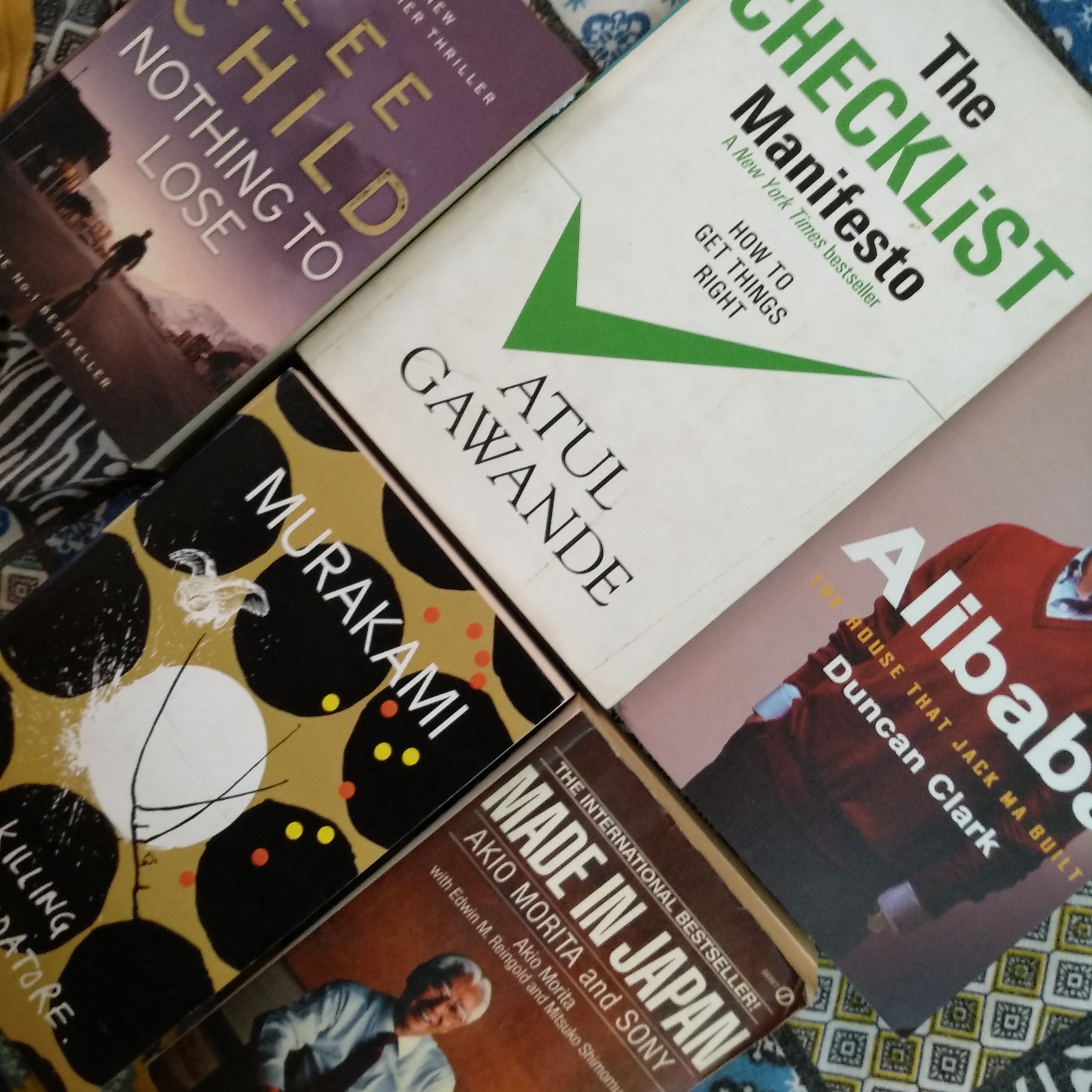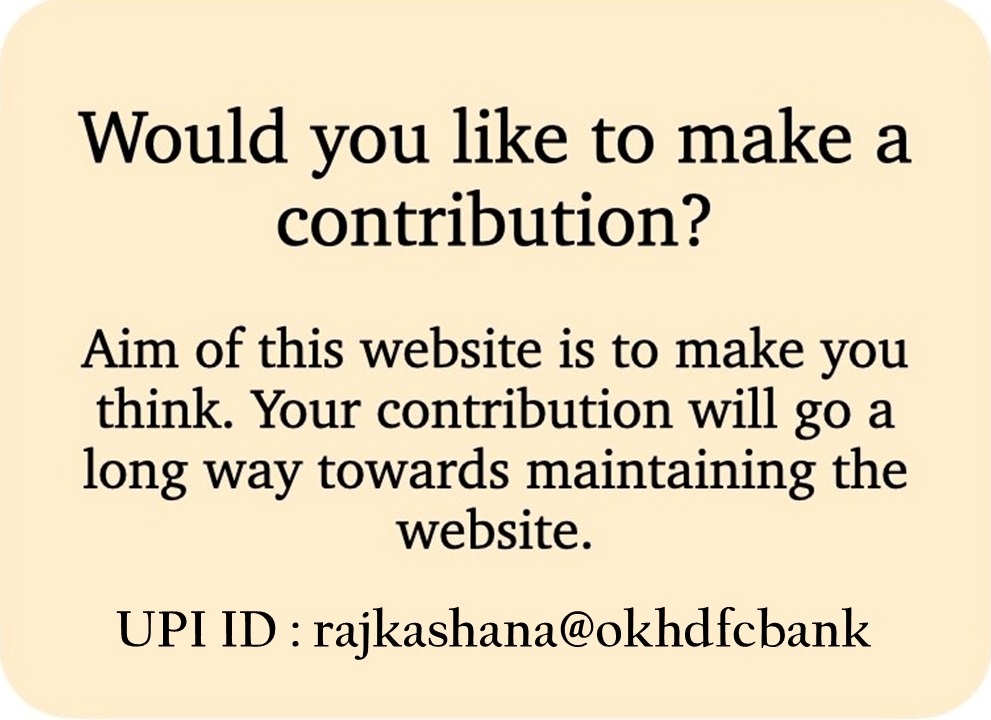Like Vivaldi’s music, social media has its seasons. Last week of September is filled with predictions for the Nobel prizes, including one article that gets repeatedly published every year (except in 2018) that confidently predicts Literature Nobel for Haruki Murakami. End of February has similar articles on the Academy awards. And then there are the end-of-the-year articles by the bibliophiles.
Book people proudly publish the list of books that they managed to read that year – bigger the number, better they feel. And those with smaller numbers feel bad, blame social media for grabbing all their attention and vow to do better next year. And to help them, there are many articles describing tips on how to get more reading done. Many of these articles are good and they can help you read more books but I think this whole exercise is missing the point. The question – “how many books did you read last year?” – is not useful on any level. Neither is comparing the 10 books that I read with the 50 books that you did.
Each book is different, requires a different temperament and sensibility. Here are the main types.
Non-fiction: My experience with these types of books is I finish them quite quickly if I already know the subject. So I may finish a book on cosmology much faster than a book on psychology. I skim through the parts that I know to go to the unknown parts. If it’s a totally new subject, then it takes longer. This genre is ideal for speed reading.
Fiction (page turners) : These are easy because I don’t have to do anything. Give me a Grisham or an Ian Rankin and I will stick to it like a hound on a fresh scent. I don’t know how long it takes me to read these because I lose the sense of time.
Fiction (literary) : These usually take more time because you have to read carefully and think, reflect, reminisce. If a new literary author does not engage me in the first 50 pages, I drop him immediately, irrespective of the rave reviews and/or the prizes that he has won. This way, I discover authors that I really like and can relate to, like Murakami. Reading him puts me in a hypnotic state. There are some authors who transcend the line between page turners and literary fiction. John le Carré is one such author.
Poetry : Have you ever dropped mercury on the floor and tried to pick it up? Trying to define and categorize poetry is something similar. There are hidden meanings, layers, and abstractions everywhere. The words that you see on the page are just indicators. You have to toil and go deeper to find the treasures. Poetry is something that you experience. Most poetry books are very small because there are only few lines on each page. Here’s a beautiful Chinese poem.

It can be read very quickly, but to experience it may take any amount of time. Another feature of good poetry is you come back to it from time to time to experience it again and sometimes you find new layers of meanings. All this cannot be categorized as mere reading.
A poetry book cannot be just a number in your end of the year tally of books.
I read 20 books in 2018. My record has been 65 books in year. Do you see now why these numbers are meaningless? Because I have not told you what type of books these were. Comparing your end of the year book tally with everyone else’s is like comparing mangoes, apples, beans and eggplants. Yes, the last two are botanically classified as fruits. 😉
The second reason why number of books don’t matter is more serious. Let us go back for a moment. Do you remember when we were in school or college? How many times did we have to study a lesson in order to absorb it? And even then the average retention rate was not very good. So when we read a book ONCE and put it aside, how much of the content do we remember after a week? A month? A year? Go back to your reading list of 2018. How many books can you summarize in a paragraph? In case of non fiction books, how many of the key concepts do you still remember? In my case, the results were dismal. I could summarize a few but the rest drew pretty much a complete blank, which begged the following question.
If I am going to forget more than 90% of the books after I have read them, why am I spending so much time reading them in the first place? Of course, the act of reading is pleasurable in itself but it certainly feels as a poor ROI for the time invested if the book has so little effect afterwards.
A great example of this is Facebook CEO Mark Zuckerberg who had started a book club in 2015. His haul of books was quite impressive including The New Jim Crow by Michelle Alexander, The End of Power by Moisés Naím etc. I don’t know if he forgot the contents after he read the books or if he remembered and decided not to act (“Sometimes all you need is a billion dollars”). In any case, the way Facebook has conducted itself in the last few years clearly shows that the books had zero effect on his conduct as a CEO.
So how do we make sure that we get maximum benefits from the books that we read? One solution might be to be more attentive during reading. This is a big problem because of the constant demands on our attention due to smartphones. Our attention spans have already been reduced which results in even less retention of the content.
I am no longer obsessed with the number of books. I now pay much more attention to how I am reading the book rather than how many books I have read.



